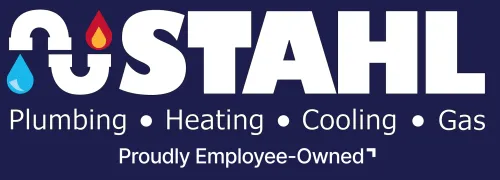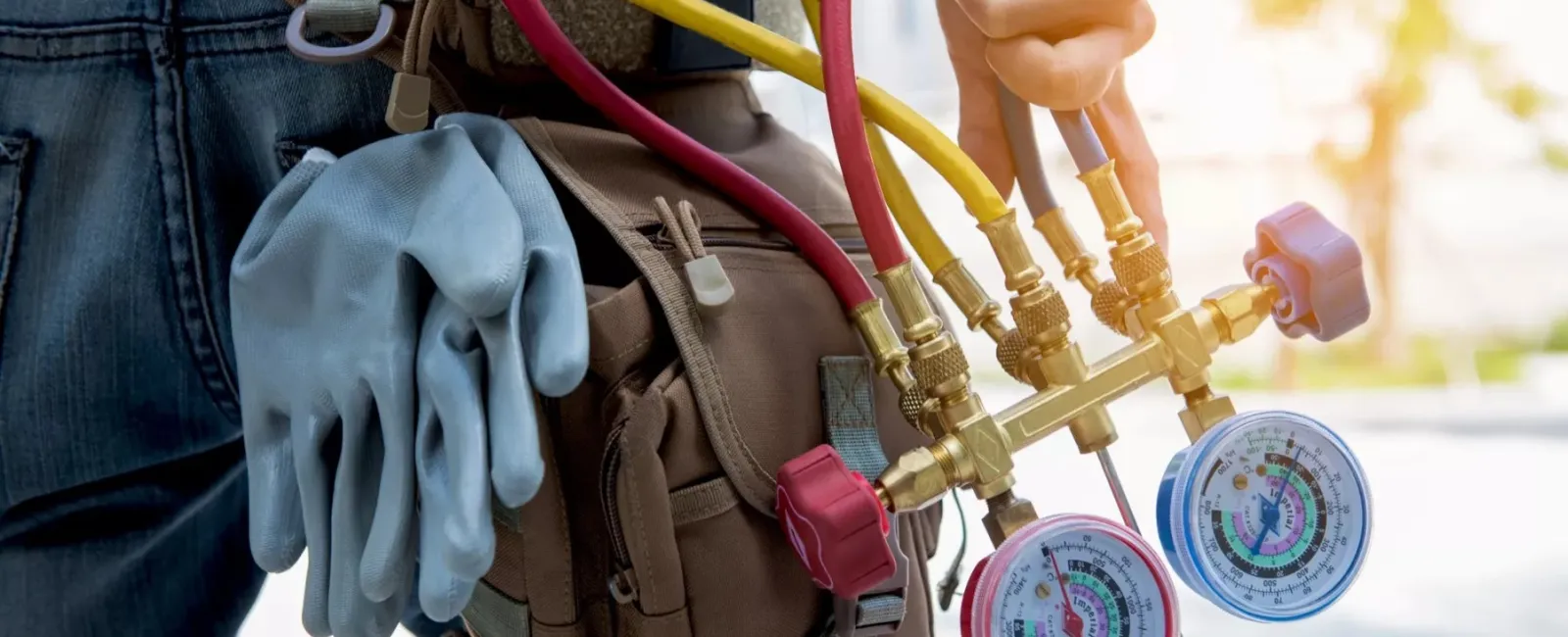Frozen pipes are a common cold weather plumbing issue in Pittsburgh, which occur when outdoor temperatures drop at or below freezing. As you may remember from your high school science class, freezing water expands – so if there’s excess water in any pipes and that water freezes, it may expand and cause the pipe to burst.
A busted pipe can lead to an expensive, frustrating mess. Thankfully, they’re preventable – so long as you take the proper precautions in the fall months before nighttime temperatures become too cold. Here’s a look at how to prevent a frozen pipe:
- Seal air leaks around pipes.
- Insulate pipes, especially those that are close to the outside walls of your home or pipes in the attic or crawl spaces.
- Cut the water from any outside faucets. But as you do this, also be sure to turn the outside faucet to the “on” position. Many people forget to do this, and if that’s the case, excess water won’t drain from the pipes, increasing the chances of freezing. Don’t forget to have your sprinkler system properly winterized as well.
- Leave the heat on to at least 55 degrees if you leave the home for an extended period of time. Never turn the heat off, as this could cause cold weather to take its toll, potentially leading to not just one, but several frozen pipes.
While following the above protocol reduces the chances of your pipes freezing and bursting, it’s still always a good idea to know where the shutoff valves are in your home, should you need to stop water flow in the event of an errant pipe.
And if somehow a pipe does freeze or burst on your watch, call one of your local plumbers Pittsburgh at Stahl Plumbing, Heating & Air Conditioning immediately. We’ll be sure to diagnose your situation; get your pipes back in shape and also help you out with input and other measures to ensure you won’t wind up in the same situation again later.

